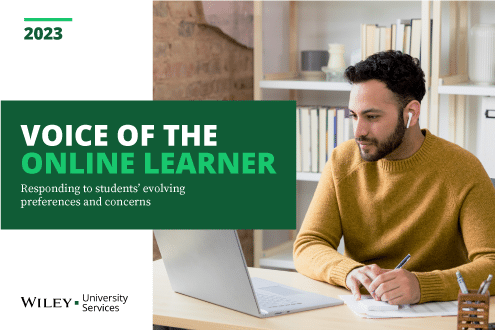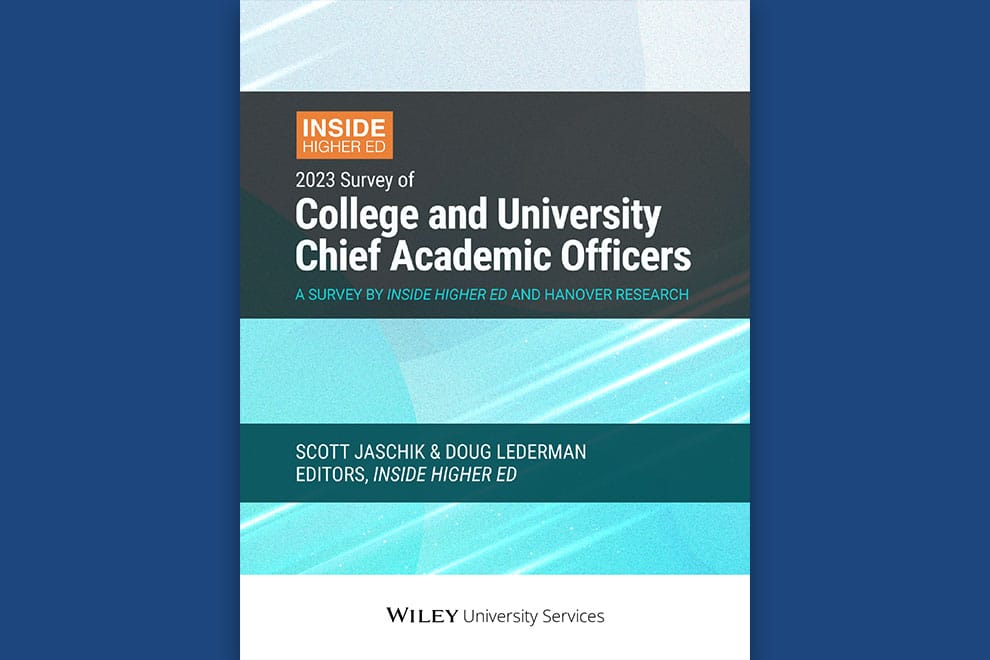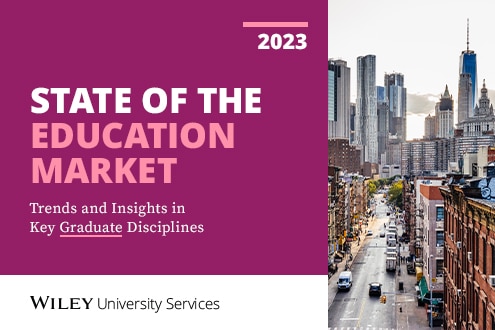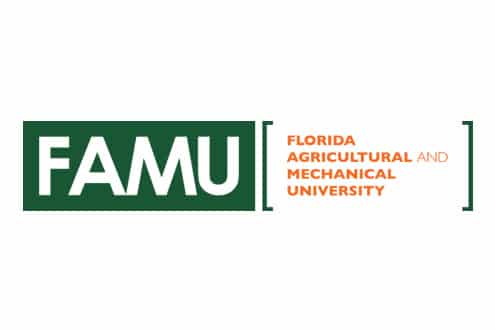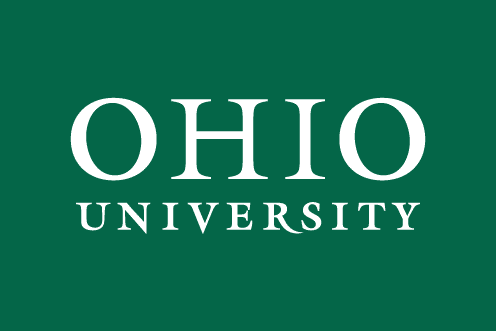Online learning is one of the fastest growing sectors in higher education today. Because of that, university and college faculty often seek information on how to keep up with the changes in the online landscape, especially if they have spent the majority of their academic careers teaching face-to-face.
At the 2018 OLC Accelerate conference in Orlando, FL in November, Wiley University Services sat down with two university faculty members — Jennifer Wilson of Sacred Heart University, and Bobby Goldwater of Georgetown University — to discuss their experiences and insights at OLC, as well as reasons why this conference is helpful for online educators. Both faculty are a part of the Wiley fellows initiative, which aims to foster a community of practice among Wiley’s institutional partners focused on innovations in online teaching and learning.
Wiley: OLC Accelerate provides a great opportunity to hear what topics are top-of-mind for online experts and educators. Based on sessions and discussions you’ve participated in, is there a “topic of the moment” in the online higher education field?
Jennifer Wilson (Sacred Heart University): There has been a lot of discussion around social presence and student engagement, which is great to see as online learning advances. In addition, there seems to be a lot of talk around streamlining course design processes.
Bobby Goldwater (Georgetown University): I’ve seen an emphasis and priority on faculty and professional development this year and there seems to be quite a few sessions on that topic. There’s also been an interest in informing overall advancement and improvement for OLC – so I would imagine next year will be an excellent conference.
Wiley: What discussions or session topics have been especially interesting or relevant to your own online program experiences?
Wilson: I went to one session on student orientation, which was very helpful as it discussed how to better engage and orient students from the point of admission. For example, the individual leading the session explained that their university has a structural designer who gives a lecture to the online students at orientation because it provides a rationale for why the courses are developed the way they are – it helps the student connect the modality to their learning outcomes.
Another session I attended that I found interesting was on building resilience in students for both academic and life success. As opposed to only thinking about academic, time, or stress management, it encouraged us to start thinking about ways to integrate social and emotional concepts, like grit, self-perception, and self-efficacy, into our coursework.
Goldwater: I’m personally most interested in the topic of faculty and professional development, and giving educators what they need to do better for their students. This is a very important topic to me.
Wiley: Bobby, for the second year in a row you’re leading a session at OLC Accelerate. Could you tell us about it and why you think it could be relevant to other online educators?
Goldwater: With the help of American University professor, Sonja Walti, I’ve put together a presentation around a concept we’re calling the “Delegated Instructor Model”, which outlines what we think we know and what we need to know about adjuncts teaching online.
In higher education, there is an increasing reliance on adjuncts to teach online graduate courses developed by core faculty. As an adjunct myself, I know that there is value in bringing practical, applied knowledge, and experience into a classroom. While I know there are some people who might resist the adjunct trend, the fact is that it has value, and there needs to be accommodation for it and a focus on maintaining the highest possible level of academic standards. In the session, we’ll present research survey findings, identifying the motivations and needs of online adjuncts in order to develop effective training and support strategies.
Wiley: That’s very interesting! Jennifer, although you’re not slotted to lead a session, pretend you are: what would want to teach other educators about online learning?
Wilson: There are many topics I’d like to speak on, but I’m especially interested in creating a community of teaching and learning among online faculty. As a group we’re so interested in how to build community among students, but we really don’t discuss how we’re building community among each other to navigate new experiences. I would like to do work and present a session that provides guidelines for a university-sanctioned way of building a teaching and learning community for online faculty.
For my project, I’ll be working on refreshing faculty orientations for online teaching strategies, looking closely at how to make the process more individualized.
Goldwater: I am now a program alumni, however, it was a real privilege to learn from, collaborate with, and exchange thoughts and ideas from other Wiley partner schools. I spent two rewarding years in the program and it’s something I will always value because it helped me in the classroom. It also helped me to think about the big picture and consider all possible ideas.
For more information of the Wiley fellows program and their individual projects, click here. Or, visit our Resources page to read other Fellows’ general insights, opinions, and experiences with online learning.


